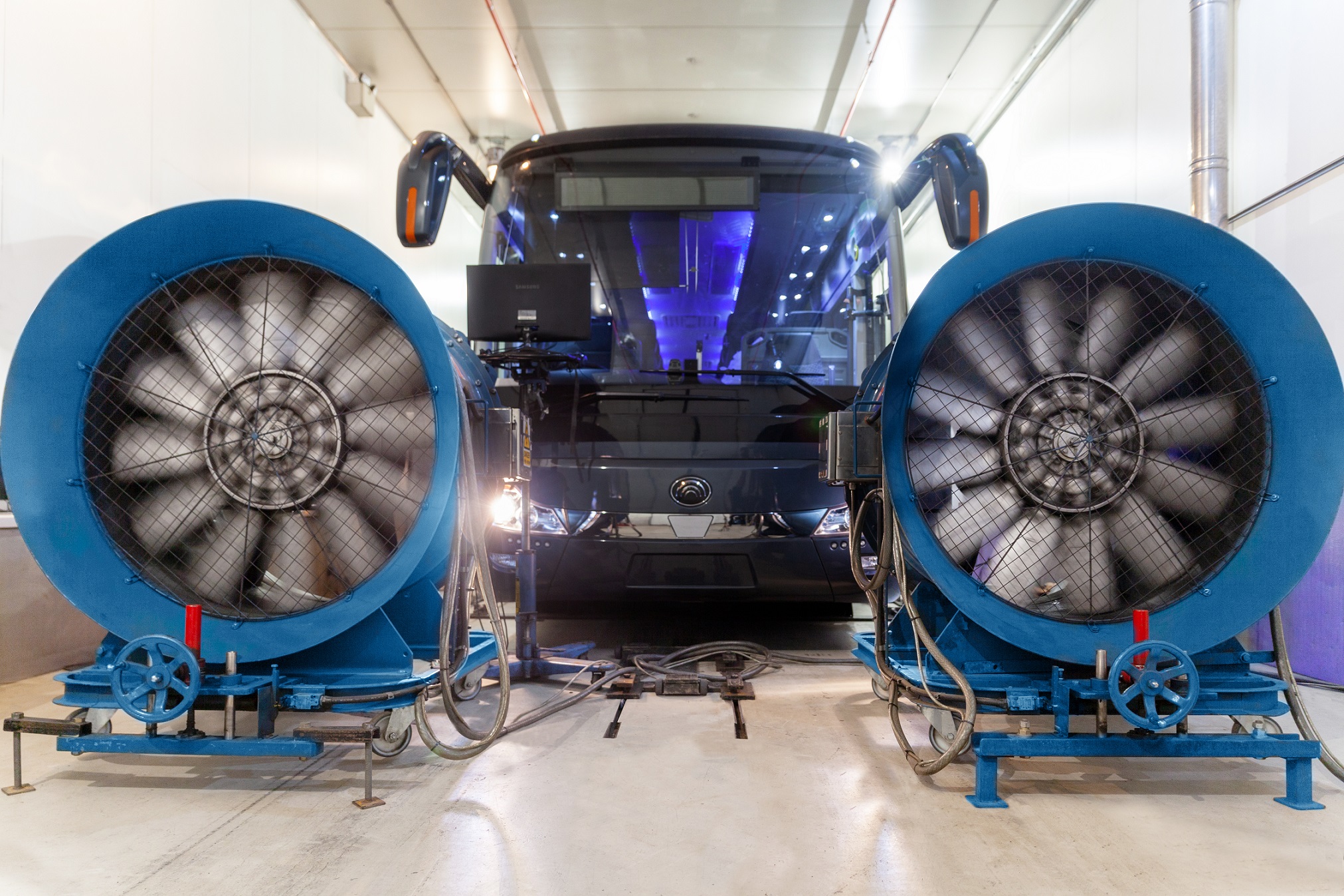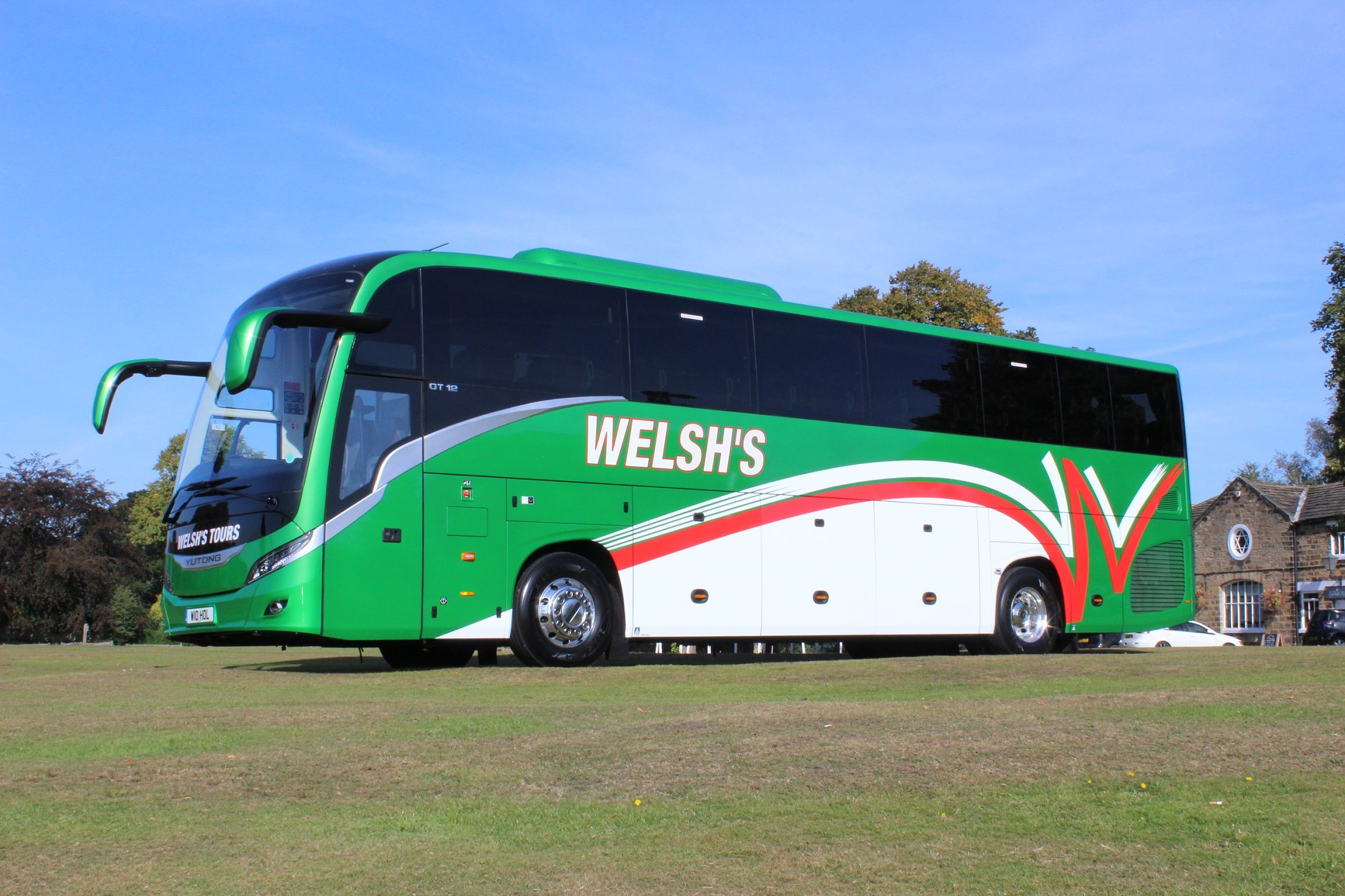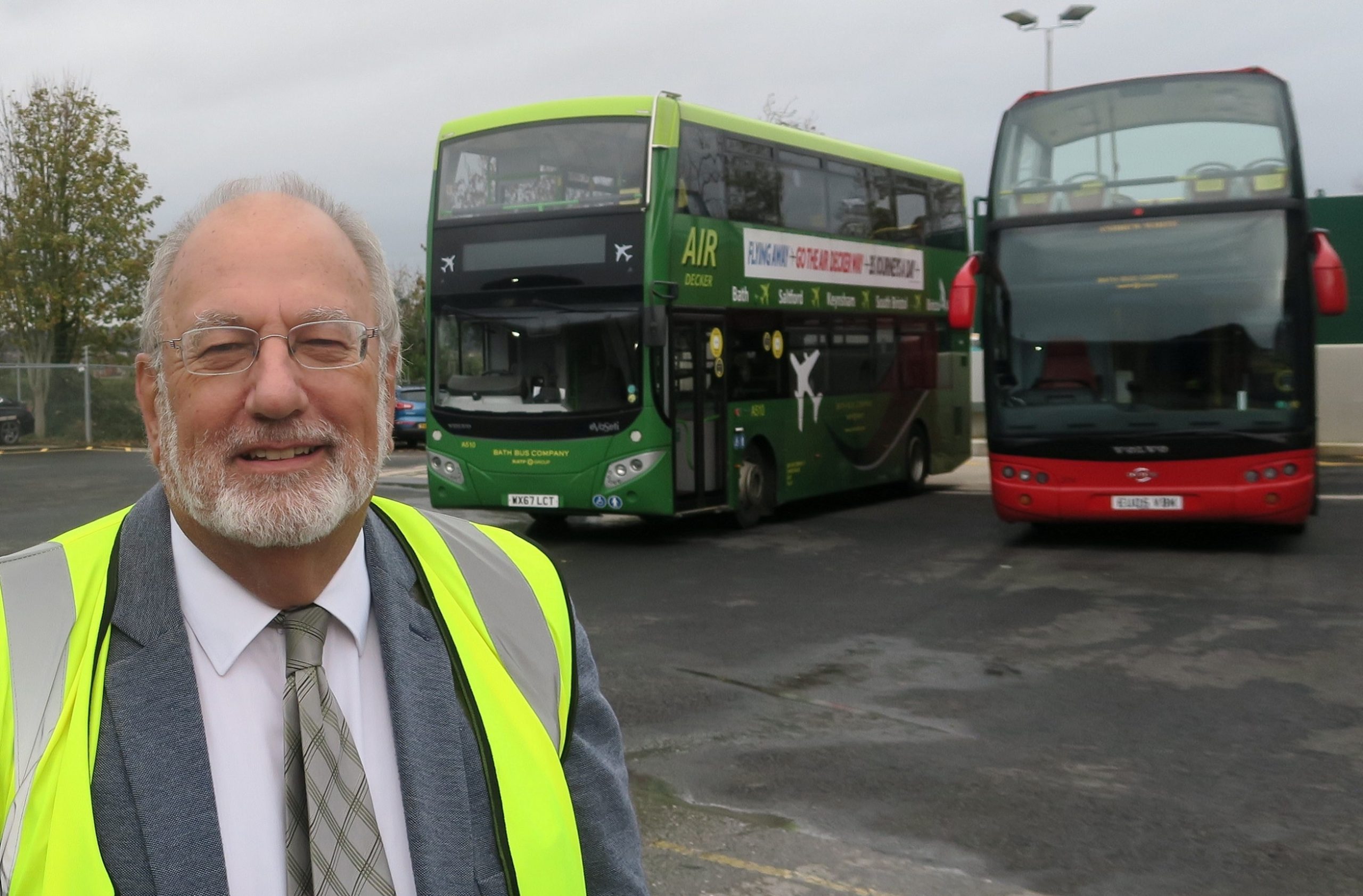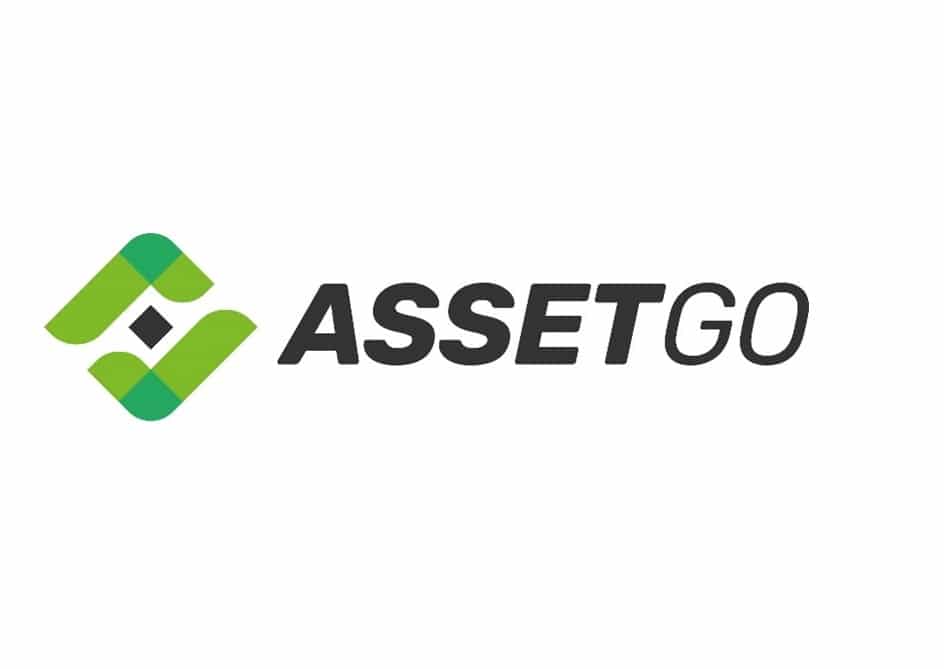Work by the Low Carbon Vehicle Partnership (LowCVP) to define an Ultra-Low Emission Coach (ULEC) is progressing. But getting the scheme up and running in a way that will benefit operators is proving challenging, attendees at a kick-off meeting for LowCVP’s Coach Interest Group were told on 29 October.
The Coach Interest Group has been convened to bring together members of the industry who are invested in the decarbonisation of coaches. It will develop evidence-based policy suggestions that can be taken to the Department for Transport (DfT) or Transport Scotland (TS). It will also “demonstrate demand for government support in the transition to zero emissions in the coach sector,” says LowCVP.
The idea behind defining a ULEC is to leverage public funding to incentivise the purchase of qualifying coaches. The Ultra-Low Emission Bus (ULEB) scheme has already done that in the bus industry, and it has seen significant take-up.
LowCVP estimates that the cost of ULEC definition work will be up to £140,000. It has not yet received any suggestion that either the DfT or TS will contribute to that expense. As a result, it is now looking at whether the vehicle manufacturer and supplier side of the industry could cover it.
Opinions vary as to whether that is a good idea if public funding is not forthcoming. However, LowCVP believes that it is important that the ULEC definition is created soon. Failure to do so could introduce wider complexities later.
Ultra Low Emission Coach definition ‘needs to come soon’
Some local authorities (LAs) are already turning their thoughts to future Zero Emission Zones, says LowCVP Project Manager Dan Hayes. Accommodating non-compliant vehicles will be part of that work. If a ULEC definition is in place, LAs may factor qualifying coaches into charging scales in a uniform manner. If it is not, a piecemeal, inconsistent approach may result.

Creation of the ULEC definition is likely to follow the methodology used in the ULEB scheme. That saw eight standard Euro VI buses evaluated for well-to-wheel greenhouse gas (GHG) emissions.
A baseline was created from that work. Then, via consultation with stakeholders, a GHG percentage threshold below that baseline was decided upon. Voila. A ULEB was defined.
Mr Hayes says that groundwork to define a ULEC would likely involve evaluating up to 10 coaches. They would be of various sizes and to both two- and three-axle layouts. Account would be taken of the energy draw of HVAC systems when making calculations. The definition of a ULEC could potentially echo that of a ULEB, which is set at a 30% well-to-wheel GHG reduction on the Euro VI baseline, but that is not guaranteed.
Mr Hayes previously told routeone that one of the planned applications for a ULEC scheme would involve government providing a grant to cover a percentage of the cost differential of a ULEC. A ‘voucher’ scheme is another possibility.
Formal definition of a ULEC, and subsequently certification of coaches that comply with the standard, would give governments certainty of knowledge that their funding was being spent correctly, LowCVP says.
Ultra Low Emission Coach scheme will be ‘technology agnostic’
Discussion at the Coach Interest Group opening meeting briefly turned to the benefits of some alternative energy sources. Those included battery-electric, biodiesel and hydrogen fuel cell-electric. But LowCVP Managing Director Andy Eastlake is adamant that any ULEC scheme will be technology agnostic. Instead, the definition will focus on the reduction in well-to-wheel GHG.

LowCVP’s existing coach cycle will be used as the basis of the testing. It involves 6.5km of simulated urban driving at an average of 16.9km/h; 7.3km of rural driving at an average speed of 31.6km/h; and 14.0km of motorway driving at an average of 80.3km/h.
That cycle has been used for the accreditation of Euro VI retrofit equipment for coaches.
Thus far, only 36 coaches have been retrofitted to Euro VI. That demonstrates the difficulty of gaining widespread acceptance of the technology. It is not likely to get easier any time soon, says Mr Hayes.
Delays to the introduction, and in one case the cancellation, of Clean Air Zones (CAZs) in England have mitigated the need for some upgrades. The diverse nature of the industry, with many small operators and a wider variety of chassis models within a relatively compact market, is a further contributory factor.
But while the impetus behind some CAZs in England may be waning, that is not the case everywhere. London’s Low Emission Zone (LEZ) will require Euro VI from March 2021 and the introduction of other CAZs is making progress. In Scotland, work on LEZs in Aberdeen, Dundee, Edinburgh and Glasgow is proceeding. All will mandate Euro VI compliance of coaches if charges are to be avoided.
Euro VI compliance continues to be problematic
Despite those pending requirements Euro VI, LowCVP estimates that only 15% of coaches in the UK satisfy the standard. Numbers will be further stifled by a significantly reduced appetite for vehicle replacement because of the coronavirus COVID-19 pandemic. That will further affect the national coach parc that has increased in average age by over 20% since the financial crisis of 2008.
The designed-in long life of a coach, and the multiple applications that each vehicle often enjoys with an operator through its life, will make the transition to ultra-low- and zero-emission in the sector more difficult than in buses, says Mr Hayes.

However, he raises the worrying point that the government is potentially underestimating the coach industry’s GHG emissions.
Official figures suggest that across the coach and bus sector, 3.17m tonnes of CO2 equivalent are emitted each year. LowCVP thinks that the figure is higher, at 1.68m tonnes for coaches and 2.97m tonnes for buses for a total of 4.65m tonnes.
Background work on defining a ULEC and talk of a transition to zero-emission may sound like wishful thinking to many coach operators at the current time of crisis. But it should be cautiously welcomed, odd as that sounds. While it is unlikely to be of direct consequence to many operators in the short- to medium-term, it will be of relevance further down the line. Of that there can be no doubt.



























